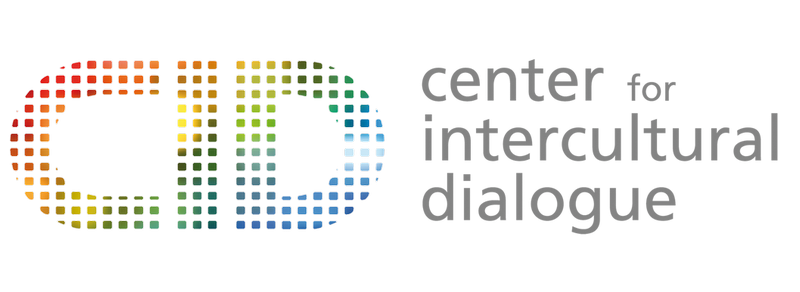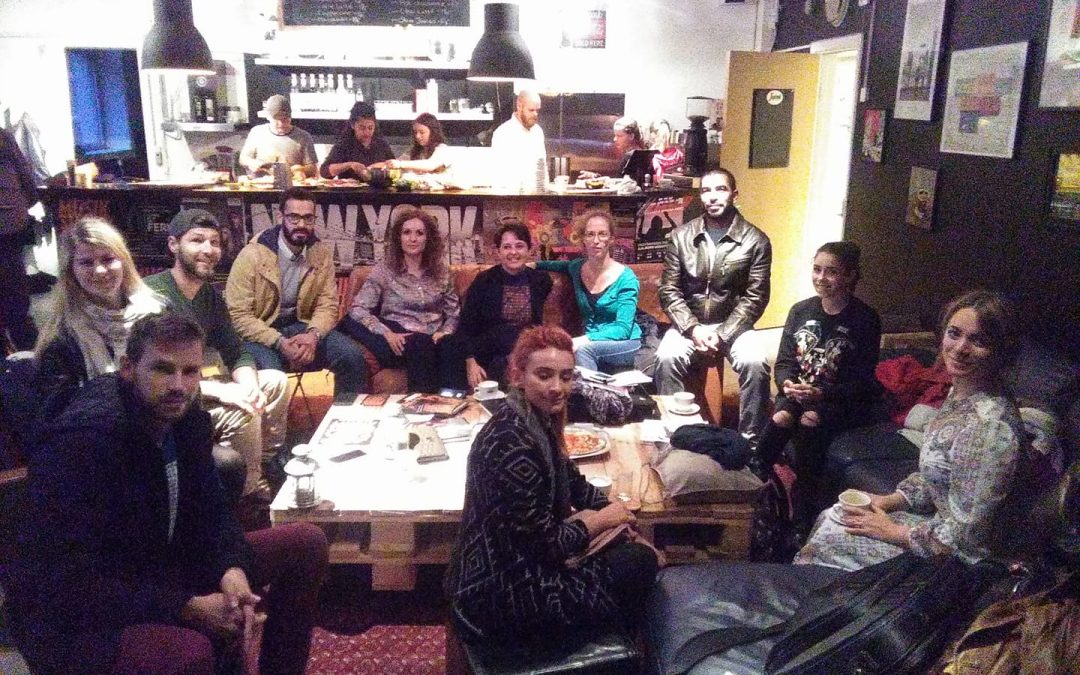When discussing youth participation in decision-making processes, it is important to address the issue of equal access to participation of youth from various backgrounds. For this purpose, one of the projects implemented by the DYPALL Network, named ”Youth Participation in Rural Areas”.
This October, Aleksandra Cvetkovska from CID and Kristijan Stojanovikj from the Municipality of Kumanovo have attended a study visit organised in the framework of this project in the municipality of Egedal, Denmark. The study visit gathered participants from Portugal, Italy, Macedonia and Latvia and was held from the 09th to the 13th of October 2017. As it is a tradition for DYPALL, the participants created a mixed group with representatives of civil society organisations and local youth councils and municipalities.
Aleksandra enjoyed the visit from the point of view of learning about the good practices existing around Europe:
”The three days of intense work allowed us to discover how youth work is conducted in Denmark based on the study case from Egedal; we also had the opportunity to exchange knowledge between the representatives from each countries and to share the know-how and good practices regarding youth participation in rural areas.
The municipality of Egedal presented a variety of good practices that make them different from other European states regarding youth work. For instance, one of them is the programme called Musikstarter, which consists in organising work camps involving music as a methodology in the local community. We had the chance to speak directly with the users of the programme who run their own projects. In this non-formal conversation, we touched upon how to prevent the bullying and how to listen and learn the good practices directly from the youngsters.
Another segment of this study visit was a visit to 1 of the 10 Youth Houses in the municipality of Egedal, where we were hosted for dinner. This youth house presented us a new concept of youth work and a new concept of how to run youth centers.
We have concluded this study visit with a mapping exercise of the needs and challenges of youth participation in decision making in rural areas, in the participants´ local realities.”

